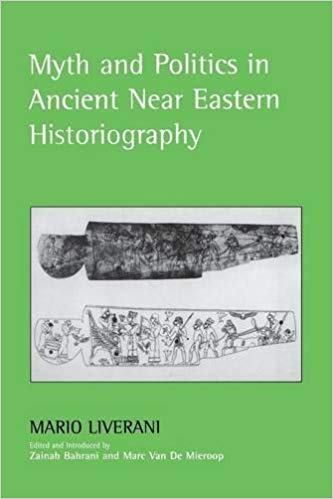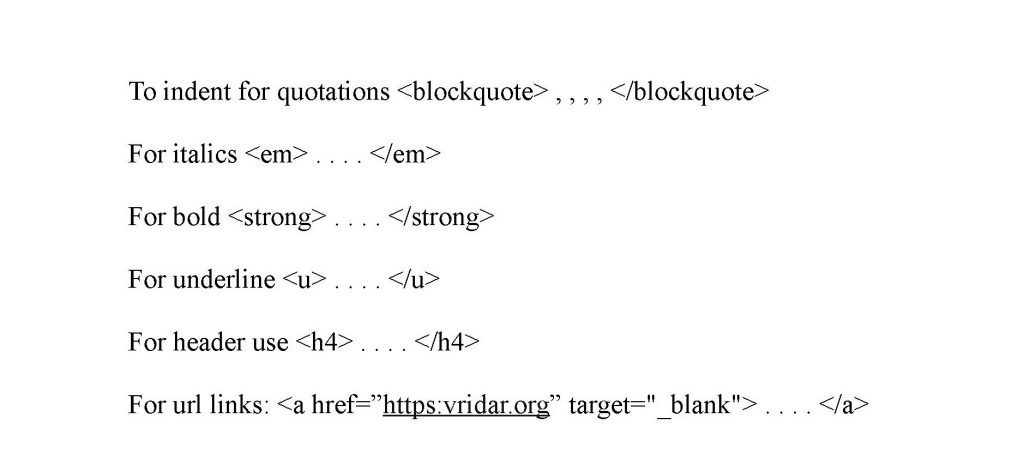Matthew Rozsa has an article in Salon.com and repeated in Alternet:
Anti-Zionism is not anti-Semitism: But disentangling them can be tricky
Rep. Rashida Tlaib has been unfairly accused of anti-Semitism, but there’s a reason why these issues get confused
Some extracts:
Yes, it is fair to be suspicious of anyone who drags up anti-Semitic myths like the idea that Jews have dual loyalties, or that Jews have too much power, or that Jews are somehow to blame for racist violence in other parts of the world. It is obvious bigotry to blame “Jews” as a group for the actions of Israeli officials, or to invoke greed and other anti-Semitic stereotypes when describing Israel, or to disproportionately focus on the atrocities in Israel while being conveniently silent about human rights violations committed by Arab or Muslim nations. Whether or not a Jewish state should have been created in the Middle East, it has now been there for 70 years — denying its right to exist is also, de facto, anti-Semitic.
Those who employ such rhetoric speak in the language of anti-Semitism.
. . . . .
At the same time, the truth is that Israel does commit human rights violations. The fact that many wrongs have been done to Jews in the past — and I say this as a Jew who personally experienced a hate crime — does not excuse the suffering that the Israeli government and individual Israelis, have inflicted against the Palestinian people. This explanation by Human Rights Watch from 2017, the 50-year anniversary of the Six Day War, summarizes the problem all too well:
Fifty years after Israel occupied the West Bank and Gaza Strip, it controls these areas through repression, institutionalized discrimination, and systematic abuses of the Palestinian population’s rights, Human Rights Watch said today.
At least five categories of major violations of international human rights law and humanitarian law characterize the occupation: unlawful killings; forced displacement; abusive detention; the closure of the Gaza Strip and other unjustified restrictions on movement; and the development of settlements, along with the accompanying discriminatory policies that disadvantage Palestinians.
. . . . ..
Many people of good will look at these offenses and are rightly horrified, and it is both cheap and wrong to seek to use the label of “anti-Semite” to shame them into silence. Similarly, if individuals choose not to do business with the State of Israel because they disapprove of its actions, they have a right to do that without being automatically labeled as bigots.
Yes, to wish for a democratic state of Israel with equal rights for all ethnicities and religions is surely a noble dream. I side with those who think it is now too late for a two-state solution and the best option for human rights and dignity for all is for Israel and the West Bank and Gaza to form a single state. (Oh, and those still stuck in refugee camps be allowed to return.) That does in effect mean the “end of Israel as a Jewish state” in the same sense that we speak of the end of South Africa as a white/Boer state. I think what is holding the parties back from going that far is racism, both anti-Jewish and anti-Arab racism. But I do see evidence of non-racists on both sides, the Jewish and the Arab. (But that sounds cruel .. “both sides” .. as if they are both equally to blame: they are not equally to blame, not by a long stretch). Now if only those persons could take the lead….
But I dream.




